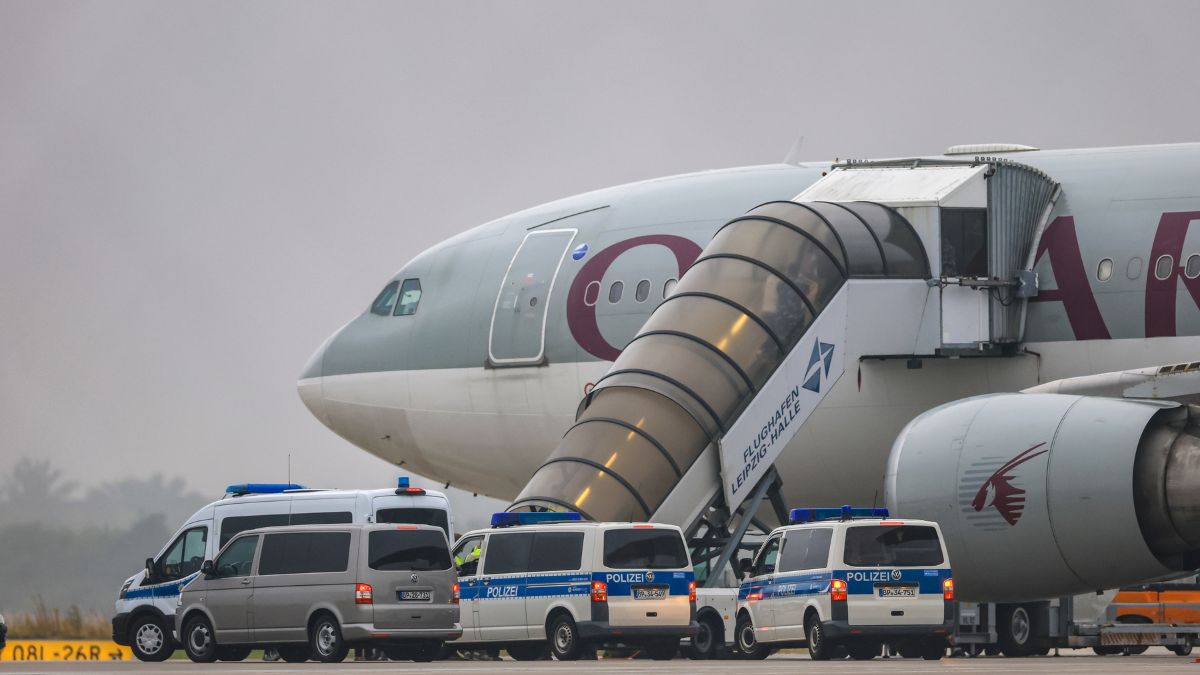Germany deported 81 Afghan men on Friday, its second such operation since the Taliban returned to power in 2021 and the first under Chancellor Friedrich Merz’s new government, which has pledged a tougher stance on migration.
Authorities said all deportees had previously had their asylum applications rejected and had come to the attention of judicial authorities. The flight, organised with the assistance of Qatar, followed weeks of negotiations.
Chancellor Merz confirmed the deportation and said there had been contacts with Afghan authorities, though he did not provide further details. While Germany has not formally severed diplomatic ties with Afghanistan, it does not recognise the Taliban-led government in Kabul.
More than 10 months ago, Germany resumed deportations to Afghanistan under former Chancellor Olaf Scholz, who also promised stricter action against rejected asylum-seekers.
“The decisive question is how one deals with this regime, and it will remain at technical coordination until further notice,” he said at a news conference in Berlin.
The Interior Ministry said the government aims to carry out more deportations to Afghanistan, but didn’t specify when that might happen.
Merz made tougher migration policy a central plank of his campaign for Germany’s election in February.
Just after he took office in early May, the government stationed more police at the border — stepping up border checks introduced by the Scholz government — and said some asylum-seekers trying to enter Europe’s biggest economy would be turned away. It also has suspended family reunions for many migrants.
Asylum applications declined from 329,120 in 2023 to 229,751 last year and have continued to fall this year.
“You can see from the figures that we are obviously on the right path, but we are not yet at the end of that path,” Merz said.
Impact Shorts
More ShortsThe Afghan deportation flight took off hours before German Interior Minister Alexander Dobrindt plans to discuss migration with his counterparts from five neighbouring countries — France, Poland, Austria, Denmark and the Czech Republic — as well as the European Union’s commissioner responsible for migration, Magnus Brunner. Dobrindt is hosting the meeting on the Zugspitze, Germany’s highest peak, on the Austrian border.
With inputs from agencies
)